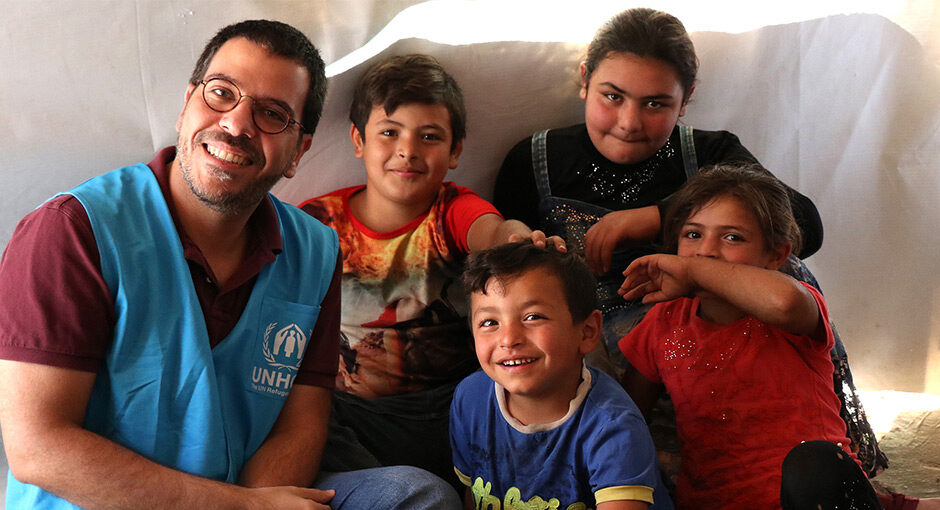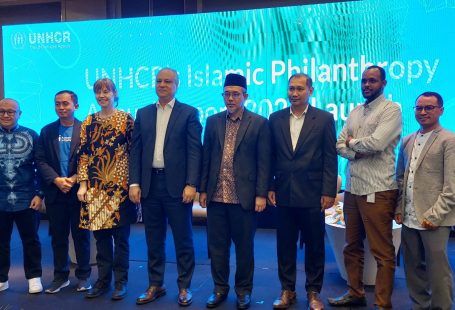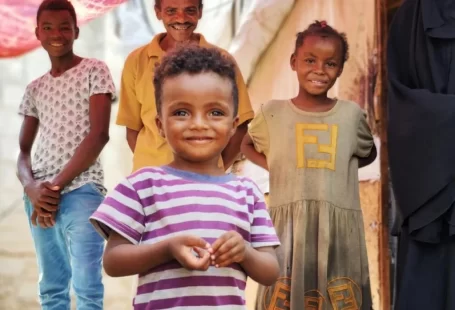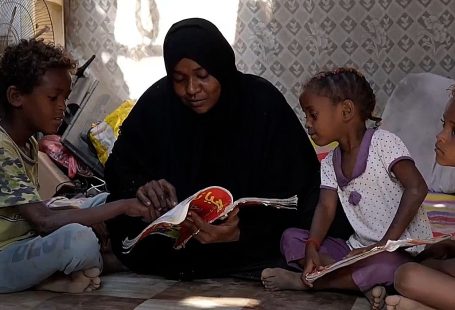I have worked for UNHCR for more than eight years now, and I’ve had the privilege to work on supporting refugee and internally displaced families who have fled some of the world’s most tragic and complex crises; from Syria, Myanmar, Yemen, and Iraq.
Since its creation in 1950, UNHCR’s goal is to protect and assist the most vulnerable of refugees, those who had to run for their lives in a matter of seconds, leaving behind shattered lives, homes and loved ones. UNHCR aims to ensure that all human beings who were forced to flee are given the support they need to survive with dignity and to rebuild their lives again.
With many refugees emerging from member countries of the Organization of Islamic Cooperation over the last two decades, the Refugee Zakat Fund was launched as an innovative tool to distribute Zakat funds to eligible refugees (and IDP) families who are living in desperate conditions.
If you are still wondering why UNHCR’s Refugee Zakat Fund is an important and inspiring way to help refugee families, below are key factors to keep in mind:
1- Trusted Distribution:
UNHCR has a transparent mechanism to determine the extent of need among displaced persons, annually updates its vulnerability assessment of families and tracks the impact of cash distributions through regular home visits. Zakat funds allow displaced families, many of which are widows and orphans, with zero income, to cover basic needs such as rent, food, and debt repayment, in utmost dignity.
2- Zakat-Compliant:
The Refugee Zakat Fund complies with Zakat conditions as per five fatwas from leading scholars and institutions: ‘It is permissible to give Zakat to UNHCR for distribution to victims, refugees and displaced individuals in the region’. An independent reviewer visits the field on an annual basis to evaluate compliance and issue recommendations for improvement.
3- Effective – 100% of Zakat go to eligible refugees
The total sum of Zakat donations is directed to a dedicated interest-free bank account and 100% of these funds reach eligible families. No cost is deducted to cover any form of expense, whether wages or fees. Such costs are covered from non-Zakat donations to UNHCR.
4- Reaching only eligible families
All Zakat funds are distributed to most vulnerable eligible beneficiaries. Many of today’s refugees are eligible Zakat recipients, and they are considered poor (Fuqara’), needy (Masakeen), wayfarers (Abna’ Sabeel) and debtors (Gharemoon).
5- Impact Oriented:
In 2019 alone, the Refugee Zakat Fund has touched the lives of more than 1 million vulnerable refugees and internally displaced persons in Jordan, Lebanon, Iraq, Mauritania, Egypt, Yemen, and Bangladesh. Vulnerable families are often headed by women alone who face cultural, legal and childcare obstacles when looking for work. Providing them with cash assistance and in-kind help them address their basic needs.
This year, UNHCR continues to use the Refugee Zakat Fund as an innovative tool harnessing the power of Zakat to transform the lives of refugees.











Social Profiles